The Numbers You Need To Know For Real Estate
Buying a home is a very costly process, and very likely the largest expense in one’s life. There are a wide array of fees and payments you need to make before and after you settle in. It’s not overwhelming if you know why and what you are paying for. There are different types of payments, upfront and monthly. If you can manage all the costs and put the research in, it will be more of an adventure than a chore. The upfront costs consist of the down payment, home inspection fees, appraisal fees, legal fees, land transfer tax, moving costs, closing adjustments and new home costs. The monthly expenses include the mortgage payment, property taxes, home insurance, utilities and condominium fees. With all of these aspects calculated, you will know the true costs of the purchase of your property.
The vast majority of home buyers, new and old, don’t have the capital available to outright purchase a property. Fortunately, mortgages are there to assist. The down payment is a portion of the price of the home, typically between 10 – 20%. This is to demonstrate your intention to completely purchase the property. The larger your down payment is, the less mortgage you will have to pay off, which can result in less interest over the years. There is also a deposit involved when you sign the contract to assert that you will purchase, which is subtracted from the down payment.
The home inspection fee is not a necessity, but we would strongly recommend it before you finalize your offer to purchase. This has the potential to present areas that need repairs or maintenance. It will assist you in getting you getting your home to its potential. The inspector will generally provide you with a written report. The price range is generally between $350 – $500.
The appraisal fee comes from the financial institution that extends the mortgage, to ensure that the property meets their criteria for the mortgage. The buyer is generally responsible for the fee, but it can be built into the admin fee they charge. If so, ensure that you get that in writing. The admin fee includes photocopies, paperwork and various other administrative aspects. This fee is anywhere from $500 – $700.
Legal fees are definitely a necessity for the purchase of the property, as you require a lawyer to look over all of the legal documentation. This includes photocopies, disbursements and title insurance, which protects you against fraud. Ensure that you get a lawyer that specifically deals with real estate rather than a general practitioner as they will be more knowledgeable. A reputable real estate lawyer will cost between $1,500 – $1,800. There are other lawyer’s that will quote you at around $800, this usually comes along with additional disbursements which can add up to much more.
The Land Transfer Tax is an additional fee that varies depending on your province. In Ontario, you are required to pay a one-time provincial tax, a percentage depending on the amount of the purchase price of the home. In Toronto, there is also a municipal land transfer tax. Saskatchewan is the only province without this tax.
Moving costs are inevitable, whether you are hiring movers or doing it yourself. If you plan on moving during the peak spring/summer months, you should contract service 2 – 3 months in advance if possible.
Closing adjustments are paid after the finalized purchase of the property. This is not limited to property taxes, utility bills and condominium common expenses. This is usually paid by the seller prior to closing, then allocated based on the closing date. You are responsible for reimbursing these amounts to the seller at closing.
New home costs are additional expenses you should take into account if you are purchasing a new property. This is not limited to kitchen appliances, tools, gardening equipment, cleaning materials, carpets, curtains or possibly new furniture.
Mortgage payments are a monthly expense that continue until the entirety of the home is paid off. This constitutes your biggest outlay of funds. This is determined by a wide array of factors and variables, including the down payment, interest rates and the term. Payments can be weekly, bi-weekly or monthly.
Property taxes are generally billed twice a year at six-month intervals. This can be remitted directly to the municipality by you, in which you may be required to periodically show proof of payment to your financial institution. You can also include a provision for the payment of your property taxes in your monthly mortgage payment. Your financial institution will retain your tax contributions in a separate account (on which you earn interest), remitting on your behalf as required by your municipality.
Home insurance is required for coverage against fires, theft, liabilities and other risks of loss. The mortgage lender requires that you provide your lawyer or notary with proof that your insurance is in place by the date of closing. Your insurance company will generally call you with a list of questions about your new home.
Utilities are monthly payments which include heating, gas, electricity, water, telephone, internet and possibly cable. Some of them may be included in the purchase.
Condominium fees are another likely fee if you purchase a unit or townhouse. You will likely be required to contribute to exterior maintenance and upkeep of the common areas on a monthly basis. Your property manager or condominium association can provide full details of the services and monthly fees.

